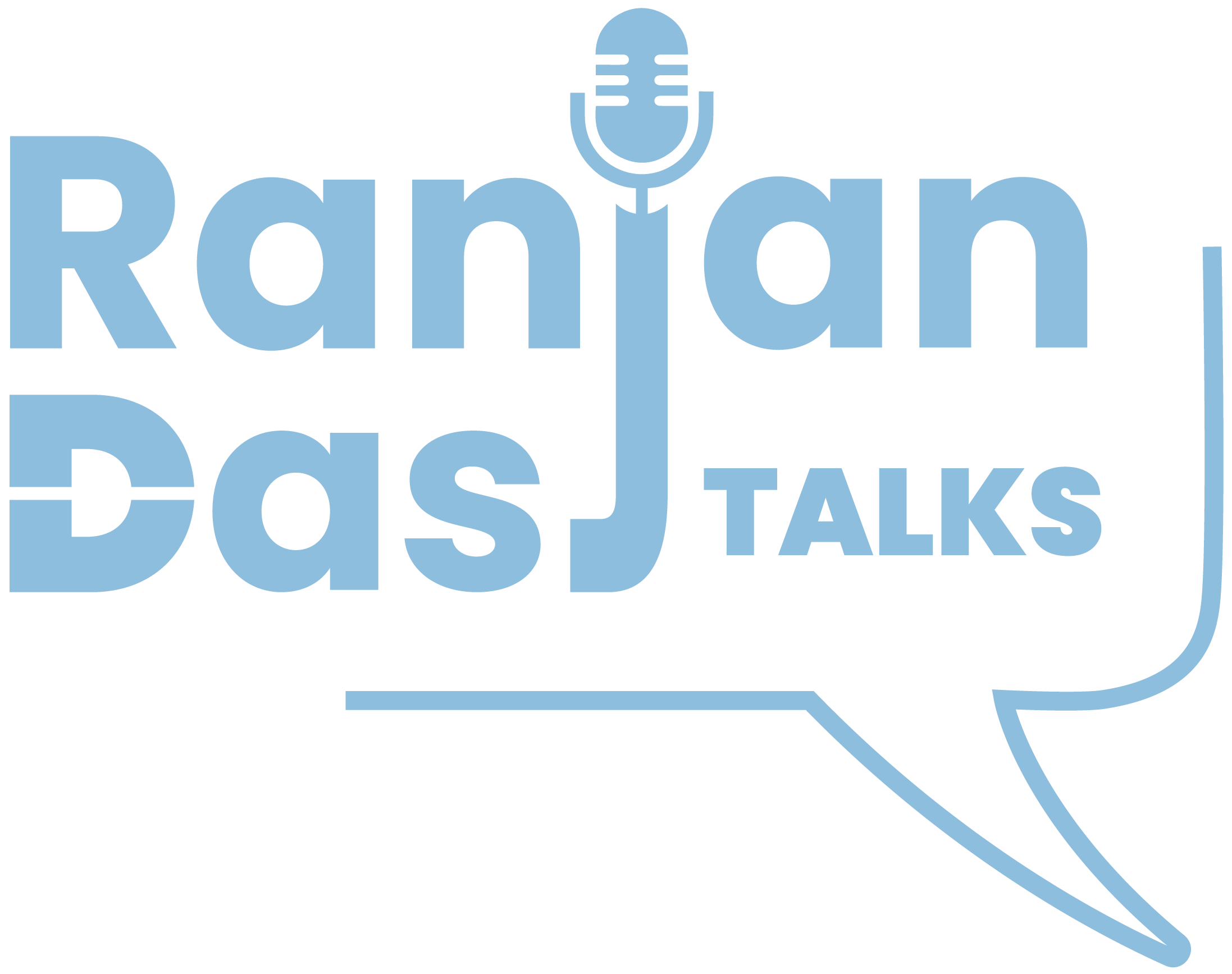
Blog
Crisis Marketing- Brands that aced it and missed it
Identifying the opportunity or pausing marketing campaigns in the event of a social or economical crisis is essential for brands.

Ranjan Das
· Posted: 2021-04-26
Posted: 2021-04-26

As the pandemic struck us personally and professionally, Covid-19 brought with itself various uncertainties that changed almost all aspects of our lives.
For businesses, drastic changes in terms of consumer choices, preferences, behaviour and demand took place. The pandemic reshaped how brands operate, function, package, distribute and sell their products and services. While most of these elements were somewhat unsettled and undetermined, one aspect that continued to say relevant for brands was — Marketing.
Marketing campaigns were the only means through which brands could maintain touch with their consumers and reinforce that they care about them in these hard times.
While some brands absolutely aced their marketing message with relevant coronavirus communications, some of them completely missed the mark. The lockdown came as a twisted opportunity for brands to make an everlasting impression in their audience’s mind and only some could fully utilize it.
Let’s have a look at some of these brands that nailed their communications-
- Ikea (Spain)- https://www.youtube.com/watch?v=zg0Hei0cjl0
The lockdown forced people to stay indoors and while the isolation caused stress and loneliness, Ikea Spain decided to remind people about how their home has always been their comfortable space, in the good and the bad times. The brand saw this as an opportunity to shift perspective and welcome people back in their homes where they have experienced beautiful moments with friends and family and have created a stable environment for themselves while everything in the external world becomes uncertain.
2. Goibobo.com — https://www.instagram.com/goibibo/
An Indian online travel company continued to promote its services and offers even during a nationwide lockdown. Their digital marketing strategy rolled out ads by creatively pushing out the message “Stay At Home” through their social media posts. They simply added Indian prefixes to the various rooms in the house like “Bathroom Nagar”, “Sofapur”, “Bedroom Pradesh” etc. to reinforce that the only places you should be travelling to are inside your house.
3. Lego- https://www.youtube.com/watch?v=cUX0cJVhwHU
Lego spoke straight to its target audience through the best possible means in its campaign. It conveyed its message through an animated video and put the kids in a position of power, urging them to stay at home and be superheroes. Lego stayed true to its brand and enforced its message to the customers it serves using the most impactful type of media, offering genuine value as well as educational resources and tips on playing at home. The campaign’s inclusive messaging helped engage audiences with the brand on a deeper and more meaningful level helping Lego stay afloat in the short term and thrive in the long run.
And now, let’s look into the brands that could not really make use of this opportunity-
- Norwegian Cruise Lines: Sometimes rolling out a new ad is not necessary to make a mark, but being mindful and alert about the market and stopping ads that may be time-sensitive, is what makes a brand smart. Norwegian Cruise Lines continued to air its campaign ads including upbeat cruise ads. This especially seemed inappropriate when the ads were placed during a CNN show segment that talked about thousands of people being isolated on a cruise ship due to Covid-19.
- Corona Extra- It is straight hard luck to have a brand that is the same name as a deadly virus finishing the world but Corona could’ve taken better decisions after knowing the prevailing situation. Corona picked probably the worst time to launch its hard seltzer. As the world was already apprehensive about information related to COVID-19, a new product launch and related ad campaigns turned out to be the worst decision ever taken by Corona Extra. It launched its new product in the early days of the pandemic and as expected it did not work great.
- Lifebuoy- Talk about false claims and unrealistic advertising, Lifebuoy promised to build immunity amongst users by the use of sanitizer. Now we are aware that using a sanitizer is essential in these times but claiming that your product ‘builds immunity’ is not only misleading but also false information. The use of the right words plays a major role in communication because that is exactly how your brand and product are perceived. This passes not only as a joke but also shows that some brands do not think twice before promising on a shallow basis.
Even in times of crisis, marketing remains to be the most relevant business function that creates a bond with consumers. If not handled correctly, it can backfire and lead to losses and a damaged brand image that will take years to repair.
Marketing is everything, products are
woven around it.